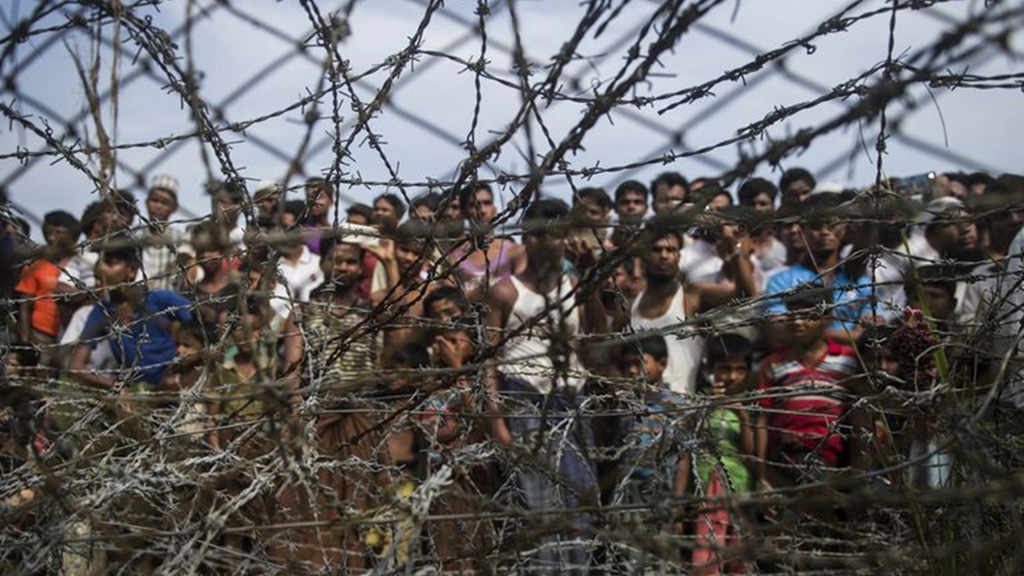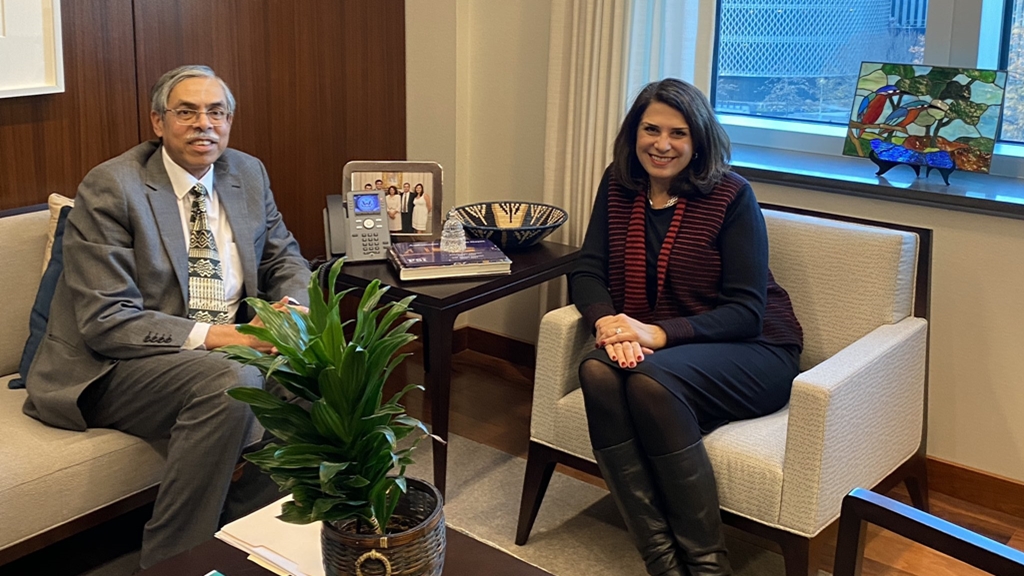
Why Myanmar’s persecuted ethnic groups must stand united against the military
- 16/09/2019
- 0
By Yasmin Ullah, The Washington Post
Yasmin Ullah is president of the Rohingya Human Rights Network, a human rights advocacy group.
I am Rohingya. When I was 3, my parents and I fled Myanmar to escape violence against my community — an ethnic minority group that is largely Muslim. Now, from afar, I watch in horror as a genocide against my people is unfolding. In the past two years, more than 700,000 Rohingya have fled murder, rape and torture for refugee camps in neighboring Bangladesh.
This week, a United Nations investigative report laid bare the suffering and abuse that my people have endured in Myanmar (which we call Burma). It says that the 600,000 Rohingya who remain in Rakhine state are living in “unbearable conditions.” The report also notes that, well after the 2017 military’s brutal “clearance operations” that drove the more than 700,000 others across the border into Bangladesh, the government continues to target Rohingya with the aims of erasing our identity and removing us from Myanmar.
What’s more, it recognizes that we Rohingya are not alone. Many other ethnic groups in Myanmar — including the Kachin, the Shan, the Karen — endure shocking violence at the hands of the armed forces of the central government. The U.N.’s conclusions ring true: The Myanmar military, the force behind this vicious cycle of murderous abuse, must be brought to account. We must end decades of impunity for some of the worst crimes known to humanity in recent years.
To me, my family and our community, this is not just the fodder of a report. It is personal. Starting decades before I was born, Rohingya people were denied access to basic services such as health and education, and eventually stripped of our citizenship. Growing up as a refugee in Thailand and later Canada, I heard stories about the Myanmar military attacking our community. I learned of homes raided in the middle of the night, of arbitrary arrests and of bureaucratic assaults on Rohingya people, all designed to immobilize us with fear. Villages were razed to the ground, forcing many into squalid camps. These camps continue to exist. For me, being forced to leave Myanmar at such a young age deprived me of a sense of belonging and statehood in my homeland. It put me at a distance from my own origins and robbed me of the chance to know other ethnic minorities in Myanmar who have also suffered abuse by the military.
In exile, this has started to change. As I seek justice for my people, I am meeting other Myanmar women who are doing the same for the Shan and Karen communities. In Myanmar, our ethnic groups have often been separated by fear and mistrust, as a result of the British colonial policy of “divide and rule” that has been adopted to tragic effect by the military. Now the bravery of these women inspires me. And the way they welcome me, as a Rohingya and as an equal, deeply touches me. We are all seeking the same thing. We want accountability for the crimes against us, and we want to be treated with equality, dignity and respect in our homeland.
United, we can see the problems at home more clearly. And together we can see the solutions — which, if properly achieved, could finally yield justice for all of us, just as the U.N. investigators have said.
The United States has a critical role in defending our human rights, especially because other countries often follow its lead. The United States has already taken some key steps to respond to the latest violence against the Rohingya. It has provided more than $542 million in aid to the Rohingya community, and it has issued sanctions and travel bans against some top officials in the Myanmar military.
Now, in the wake of this U.N. report, the United States needs to do more to address the needs of all ethnic groups abused by the Myanmar armed forces. For a start, we call upon the members of the U.S. Senate to pass legislation that will come before it this month as part of the National Defense Authorization Act. This legislation would open more doors to sanctioning the highest military officials and their businesses, whose profits fuel the violence across the country. This law would provide a critical step toward justice that would address the wrongs against the Rohingya and other ethnic minorities.
I am committed to doing my part in support of my community, to keep building the bonds I am making with my Shan and Karen sisters to fight for a more unified, peaceful and democratic Myanmar. If the United States helps us, we can finally achieve justice.






